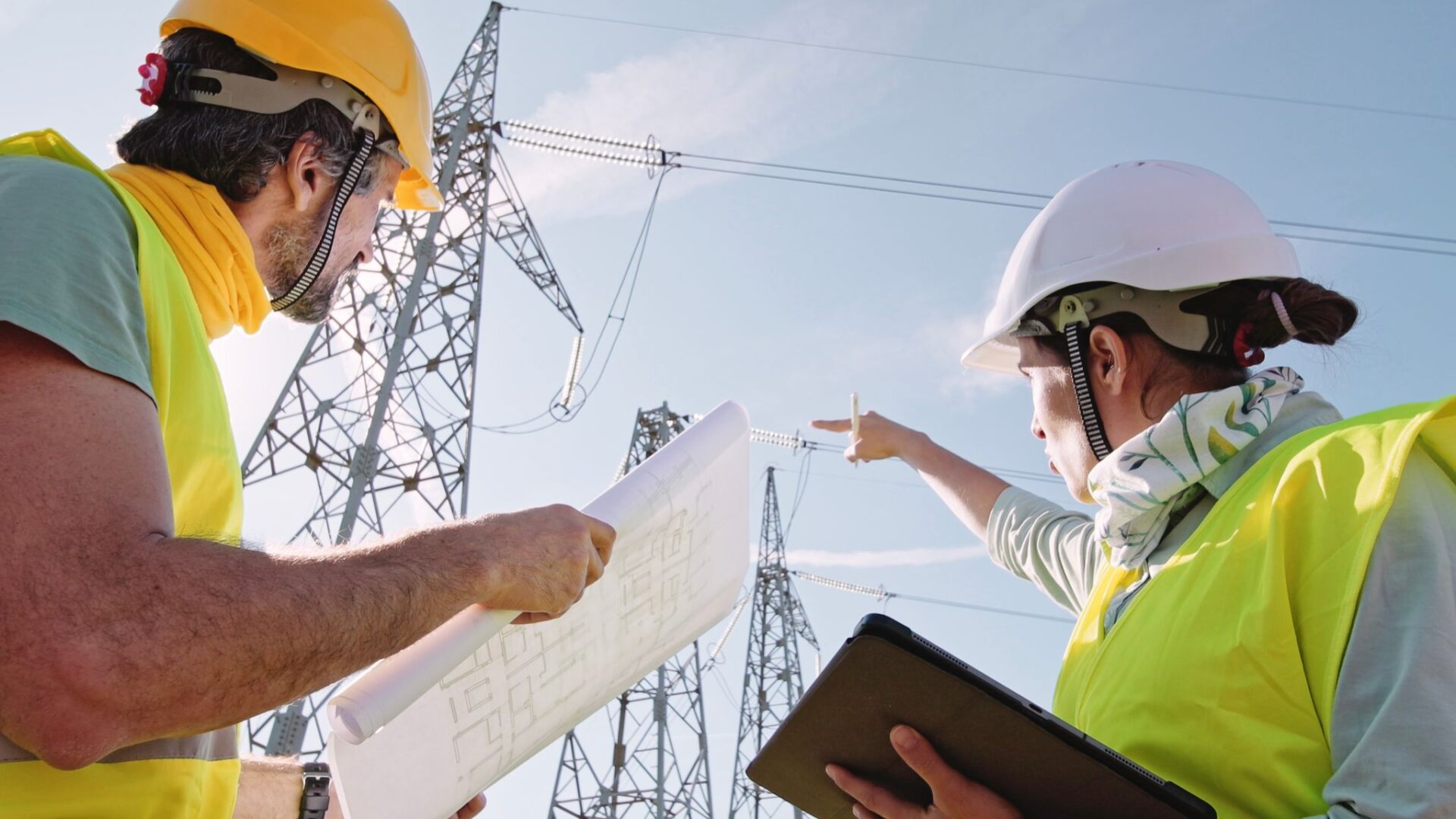[datacenter_tag_image]
Business operations require reliable, high-quality power, and many life-saving devices depend on a steady supply of electricity. The increasing incidence and cost of power outages have heightened interest in the use of backup generators. Many businesses without backup are considering installing generators, and facilities such as hospitals and airports—which are required to have backup power—are considering redundant systems for added resilience against grid outages. An understanding of the costs, potential revenue streams, and reliability associated with various backup system configurations is important for informed decision making.
Business operations require reliable, high-quality power, and many life-saving devices depend on a steady supply of electricity. The increasing incidence and cost of power outages have heightened interest in the use of backup generators. Many businesses without backup are considering installing generators, and facilities such as hospitals and airports—which are required to have backup power—are considering redundant systems for added resilience against grid outages. An understanding of the costs, potential revenue streams, and reliability associated with various backup system configurations is important for informed decision making.
This report from the National Renewable Energy Laboratory (NREL) compares backup generator configurations, analyzing the relative costs and benefits both in terms of economics and reliability of using natural gas versus diesel as fuel for backup systems. In addition, it comparse the relative merits of grid-connected backup systems that can provide financial benefits when the grid is functioning with those of emergency-only backup systems that only generate energy when the primary grid is down.